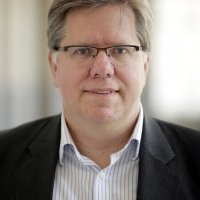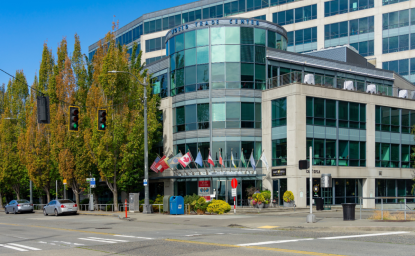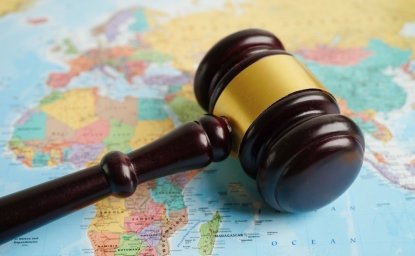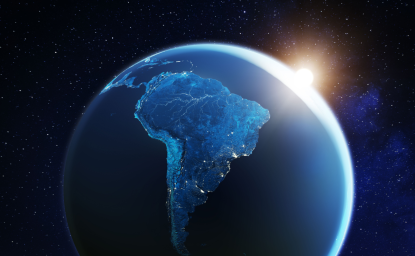[...]
As the United States struggles to regain its economic footing, Latin America’s leaders have moved on from the largely U.S.-centric view of the world that followed the collapse of the Soviet Union. Some of the most influential have embraced policies that welcome China, India and Iran as economic and political partners.
“This summit is hugely different from the first Summit of the Americas in terms of the United States and the hemisphere.,” said Cynthia J. Arnson, director of the Latin American program at the Woodrow Wilson International Center for Scholars. “Latin America has clearly emerged on its own.”
Obama, too, has focused on other parts of the world.
[...]
The Castros are growing old in Cuba, Venezuela’s populist firebrand Hugo Chavez is battling cancer and faces an election this year, and Mexico’s Felipe Calderon also will be departing soon because of his country’s one-term limit. Obama, consumed by domestic issues and his own election prospects, will be challenged to find his own place in a region where the United States casts a smaller shadow than it once did.
“I think they are quite comfortable with the diminished role in the hemisphere, and I think it is coming from President Obama himself,” said Andrew Selee, director of the Mexico Institute at the Woodrow Wilson International Center for Scholars. “He comes to this recognizing that U.S. power has diminished in the hemisphere — and that that is the natural order of things.”
Read full article here.







